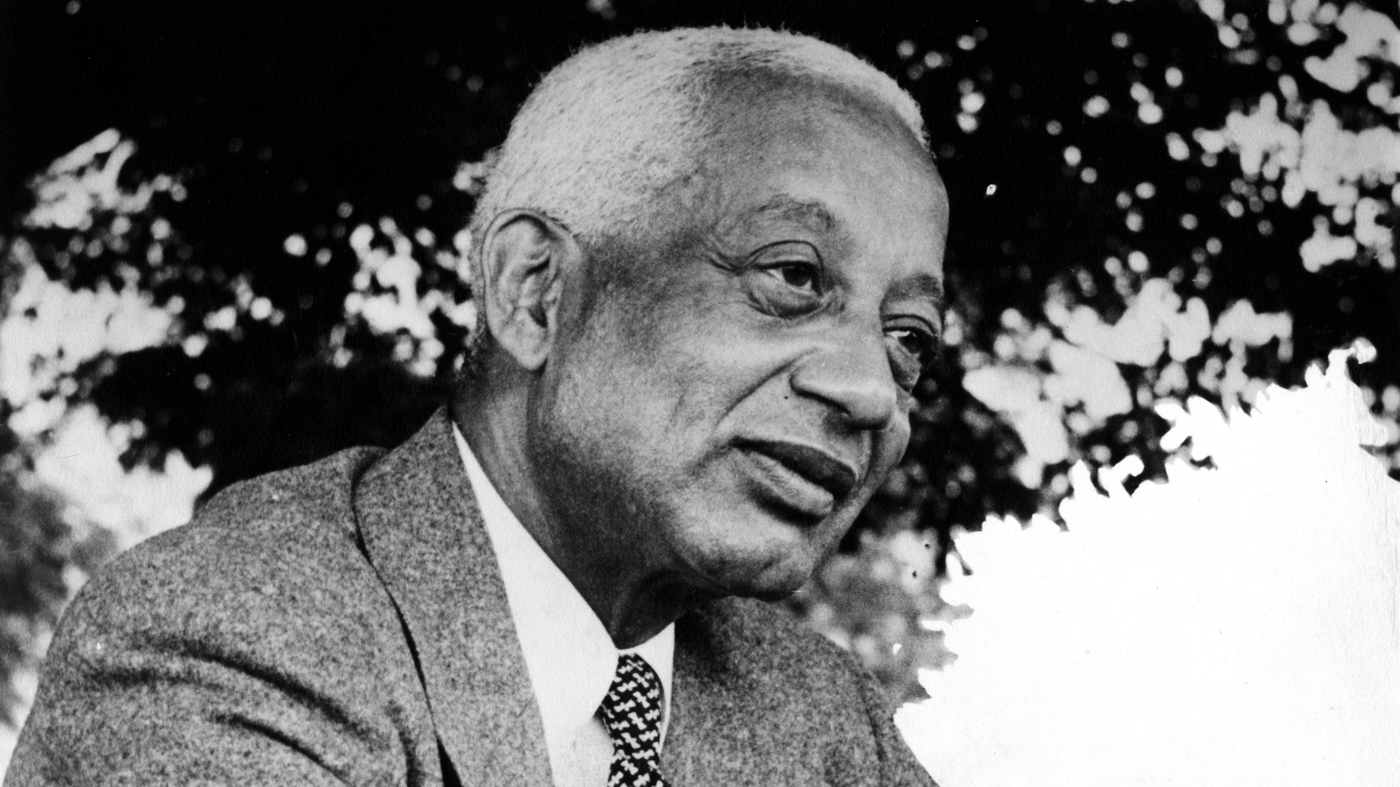Horace Kallen, Alain Locke, and the Development of Cultural Pluralism

An American Friendship: Horace Kallen, Alain Locke, and the Development of Cultural Pluralism is a groundbreaking work that illuminates the transformative power of friendship across cultural divides and in which David Weinfeld takes readers on a captivating journey through the intertwined lives and minds of two intellectual giants: Horace Kallen, a Jewish philosopher, and Alain Locke, an African American scholar. Set against the backdrop of early 20th-century America, a nation grappling with the complexities of identity and belonging, this book unveils the remarkable story of how an unlikely bond between two marginalized thinkers gave birth to the revolutionary concept of cultural pluralism.
Drawing on a rich array of primary and secondary sources, including unpublished manuscripts, personal correspondence, published writings, and contemporaneous commentary, Weinfeld constructs a nuanced narrative of how Kallen and Locke’s friendship served as a crucible for the development of their shared vision of a pluralistic America. The book’s biographical approach allows for a deep exploration of how their experiences as members of marginalized groups –– Kallen as a Jewish immigrant and Locke as an African American intellectual –– informed their perspectives and fueled their commitment to articulating a more inclusive conception of national identity.
At the same time, Weinfeld situates Kallen and Locke’s evolving ideas within their time’s broader intellectual and cultural currents, tracing their engagement with influential thinkers like William James and Josiah Royce and their impact on movements like the Harlem Renaissance. Through a close analysis of key texts like Kallen’s “Democracy versus the Melting-Pot” (1917) and Locke’s The New Negro (1986), the book illuminates the complex interplay between their personal experiences, their intellectual milieus, and the broader social and political contexts in which they worked.
One of the book’s key strengths is its comparative approach, which juxtaposes Kallen and Locke’s trajectories and highlights the parallels and divergences in grappling with questions of identity, difference, and Americanism. By reading their writings in dialogue with each other and attending to how they both drew on and transcended their specific ethnic and racial contexts, Weinfeld offers a valuable model for exploring the intersections and solidarities between different minority groups in the struggle for cultural self-assertion and social justice.
The book’s central argument –– that Kallen and Locke’s friendship played a pivotal role in crystallizing the concept of cultural pluralism and demonstrating its transformative potential –– is persuasively advanced through carefully marshaling evidence and a sensitive interpretation of the historical record. Weinfeld’s attention to how their bond enabled them to overcome initial prejudices, expand their intellectual horizons, and arrive at a more extensive vision of American identity is particularly illuminating (170-171,196, 206). By foregrounding the role of friendship and dialogue in shaping influential ideas, An American Friendship offers a compelling model for intellectual history that attends to both the personal and the political dimensions of knowledge production.
However, An American Friendship focuses on two elite intellectuals, and their relatively rarified social milieu may limit its broader applicability and relevance. While Kallen and Locke’s ideas and experiences are undoubtedly significant, a more sustained engagement with how ordinary people understood and negotiated cultural pluralism beyond the academy and the world of high culture would have enriched the book’s analysis. Additionally, while the depth of biographical detail is often illuminating, it can sometimes distract from the story’s larger arc and significance.
Despite these limitations, Weinfeld makes a valuable and original contribution to our understanding of cultural pluralism and its intellectual and social contexts. Its nuanced portrayal of Kallen and Locke’s evolving relationship and thought sheds new light on the complex dynamics of identity, difference, and solidarity in early 20th-century America while also speaking to the enduring challenges and possibilities of pluralism in our historical moment.
In an era marked by resurgent nativism, polarization, and identity-based conflict, Kallen and Locke’s vision of a society that embraces diversity while fostering a sense of shared purpose and commitment to individual rights remains urgently relevant. Their story reminds us of the transformative power of intercultural dialogue and the importance of building personal relationships across lines of difference. As Weinfeld notes, “For both Kallen and Locke, individual freedom and elite education within a culturally pluralistic framework offered the most practical recipe for breaking down barriers.”1
For scholars and students of American intellectual history, ethnic studies, and political philosophy, this book offers a rich and provocative account of the origins and evolution of a critical concept in modern social thought. Its methodological innovations, particularly its deft blending of biographical and comparative approaches, make it a model for future studies of the intersection of ideas and identities.
But the book’s significance extends beyond the academy. For policymakers, educators, community leaders, and ordinary citizens grappling with diversity and inclusion challenges in an increasingly pluralistic society, Kallen and Locke’s example offers both practical guidance and moral inspiration. An American Friendship points toward a more just and harmonious future by highlighting the role of education and cultural production in shaping a pluralistic ethos and demonstrating the transformative potential of personal relationships to bridge divides and foster mutual understanding.
In all, Weinfeld’s book is a powerful testament to the enduring importance of Kallen and Locke’s intellectual and personal legacy. Tracing the complex interplay between their lives, ideas, and historical moments offers a timely and compelling vision of how we might build a more inclusive and equitable society, one friendship at a time. As such, it is an essential reading for anyone seeking to understand and advance the project of cultural pluralism in the 21st century.
- David Weinfeld, An American Friendship: Horace Kallen, Alain Locke, and the Development of Cultural Pluralism, (Ithaca, NY: Cornell University Press, 2022), 209. ↩

